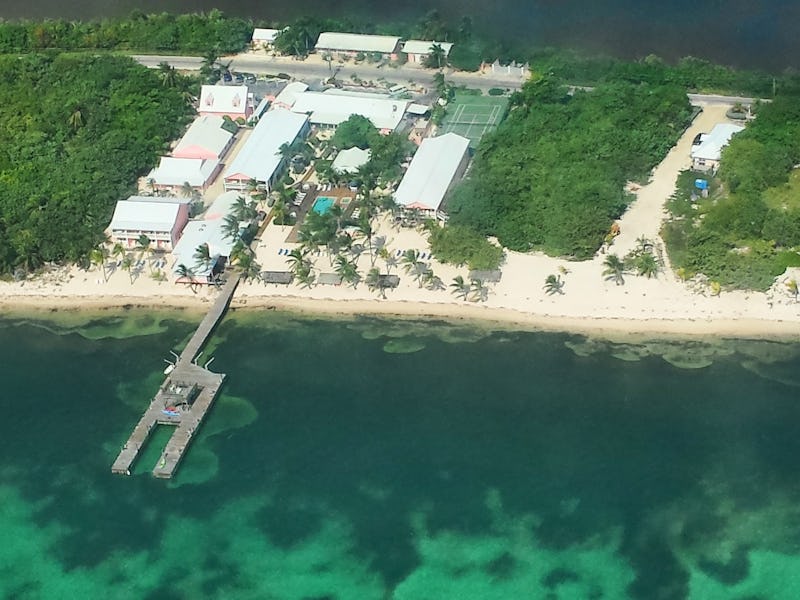Ending Tax Haven Scams Could Save the Amazon and Restore Depleted Fisheries
Data from the 'Paradise Papers' and the 'Panama Papers' revealed the relationship.

Finding solutions to problems like the rising temperatures posed by climate change or the depletion of our fisheries is incredibly daunting. From the simply expensive to the totally impractical, it’s hard for even the most plausible ideas to gain steam and become policy.
Thankfully, a new study suggests that an idea that’s popular for non-environmental reasons — cracking down on billionaire tax havens — will yield immense environmental benefits as well, a revelation that was made possible by the Panama Papers. Indeed, billions funneled through tax shelters like Belize and the Cayman Islands were found to have wended their way toward environmentally damaging cattle and soy projects in the Amazon, as well as legally questionable fishing.
Traditionally, offshore banking and tax avoidance scams have made large parts of the economy hopelessly opaque, but with the trove of leaked documents held by the International Consortium of Investigative Journalists as part of the Panama and Paradise Papers projects, researchers in Sweden have been able to connect these illicit capital flows to their ecological impacts.
Analysis of shell companies released as part of the Panama and Paradise Papers revealed that illegal, unreported and unregulated fishing vessels were much more likely to be registered in tax havens legally registered vessels.
“The use of tax havens is not only a socio-political and economic challenge, but also an environmental one,” political scientist Victor Galaz, a lecturer at the Royal Swedish Academy of Sciences and the study’s lead author said in a statement. “While the use of tax haven jurisdictions is not illegal in itself, financial secrecy hampers the ability to analyze how financial flows affect economic activities on the ground, and their environmental impacts.”
Galaz and his group, whose work was published this Monday in the journal Nature Ecology & Evolution, found that nearly 70-percent of the fishing vessels that have been categorized as either illegal, unreported, or unregulated, are sailing under the flag of a tax haven jurisdiction. Belize and Panama, they report, were the most common.
Many of the countries selected for these illicit fishing activities have only a limited ability to enforce either their own marine environmental standards or international law — making them ideal flags of convenience states for groups looking to duck penalties while skirting the regulations that protect global fish stocks. Simultaneously, the high-levels of banking secrecy within these tax havens then allow these entities to fully engage with the more above-board aspects of the fishing industry without consequence.
Volumes of foreign capital passing through tax havens to beef and soy companies in the Brazilian Amazon from 2000 and 2011, in millions USD.
Or, as the study’s co-author Henrik Österblom, deputy science director at the Stockholm Resilience Centre, puts it, “The global nature of fisheries’ value chains, complex ownership structures and limited governance capacities of many coastal nations, make the sector susceptible to the use of tax havens.”
As Galaz told Reuters, much of these deforestation activities were not technically illegal (unlike the fishing vessels). But the tax avoidance and secrecy potential of the offshore banking jurisdictions did appear to act as an accidental subsidy encouraging these ecologically damaging practices.
Reuters also tracked down two of the largest outside firms contributing to these questionable activities in the Brazilian Amazon, the Minnesota-based agribusiness and pharmaceutical concern Cargill and the New York-based food company Bunge.